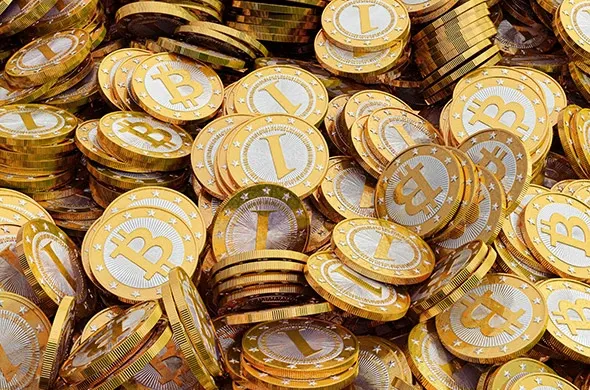EC Might Clear Apple's Tap-to-Pay Scheme
The European Commission is close to approving an Apple proposal to open its tap-to-pay technology to rivals.

Only a year ago Russia’s Finance Ministry was threatening jail time to anyone using digital currencies. In a major U-turn, it’s now edging closer to their acceptance as a legitimate financial instrument to open a new line of attack on money laundering, according to Bloomberg.
The authorities hope to recognize bitcoin and other cryptocurrencies in 2018 as they seek to enforce rules against illegal transfers, Deputy Finance Minister Alexey Moiseev said in an interview. The central bank is developing a joint position together with the government on digital currencies, according to its press service.
While bitcoin isn’t regulated by any government, it has come under increasing scrutiny in some countries as a way to shelter assets from the authorities or launder ill-gotten gains. In China, which has occupied a central role in trading and mining bitcoin in recent years, the three largest exchanges imposed a moratorium on all coin withdrawals in March as the central bank issued new guidelines on their use.
Tracking cryptocurrencies could become the latest tool enlisted in the Bank of Russia’s battle against money laundering, which has seen hundreds of lenders lose their licenses over the last three years. The plan to legalize and monitor bitcoin is taking shape as traditional schemes are drying up, with dubious operations such as fake trades and loans used to move money abroad dropping by half to $771 million last year, according to central bank data.
Foreign banks have sometimes been swept up in investigations of Russian schemes. Royal Bank of Scotland received information requests from the U.K. in March in relation to an alleged money laundering ring that moved money through Moldova and Latvia between 2010 and 2014. Deutsche Bank in January was fined $629 million by U.K. and U.S. authorities for compliance failures that saw the bank help wealthy Russians move about $10 billion abroad using transactions that may have covered up financial crime.